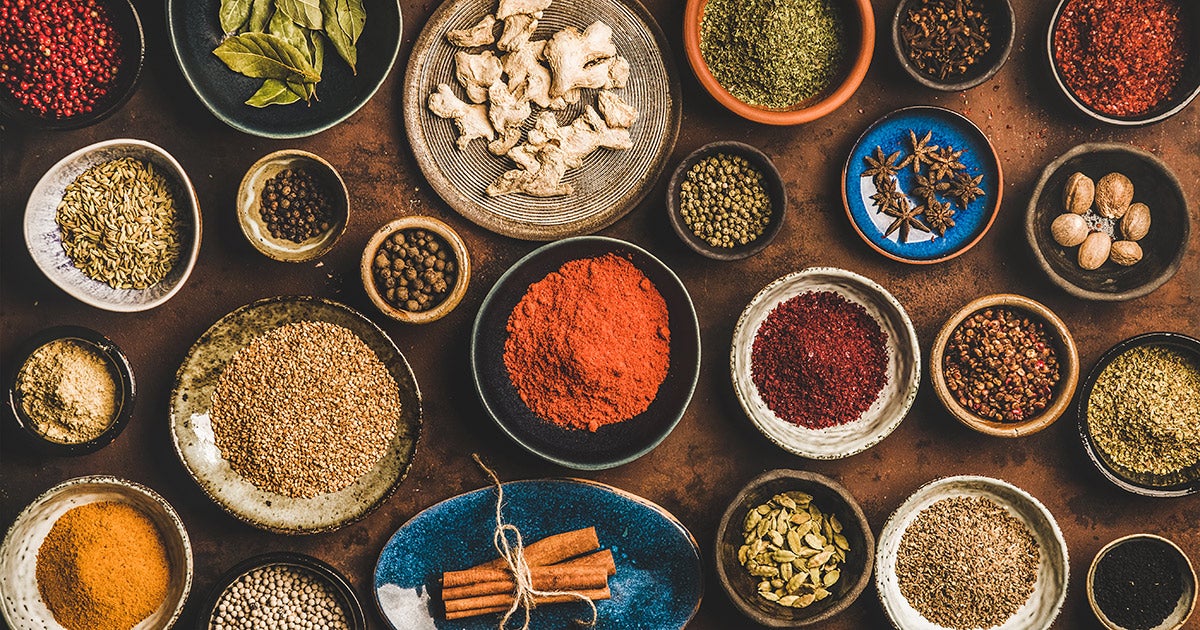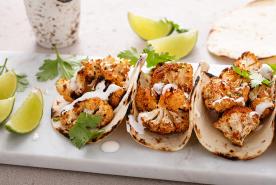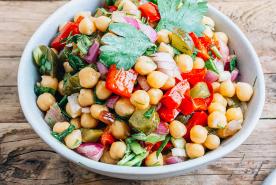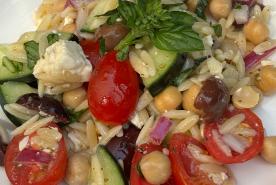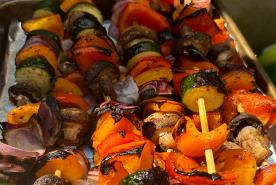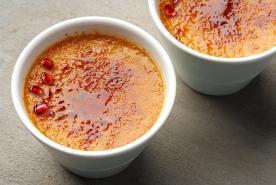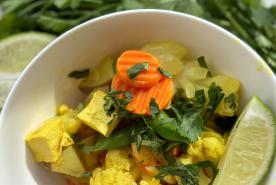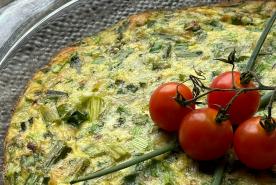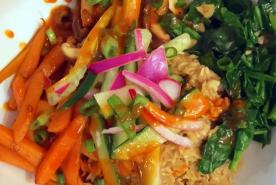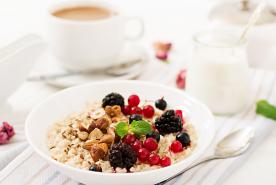Last Updated: December 06, 2023
Medically reviewed by NKF Patient Education Team
You may have heard that superfoods are super important for people with kidney disease. While the idea of completely managing kidney disease by eating certain foods is appealing – the reality is not quite that simple.
Many people think superfoods are foods that have special, almost magical, qualities. While some foods are certainly more nutritious than others, no food is the magic answer for good health.
The nutritious foods we are spotlighting in this section were selected because they are super healthy choices, especially for people living with kidney disease. We are eager to introduce you to some foods and recipes that may be new to you. Also, we are excited to share some different ways to prepare some of your old favorites so you can make kidney-healthy food choices for your family and yourself.
When you have kidney disease, a well-balanced diet is your superfood – and can help to make any meal you prepare super!
Fruits
Açai berries
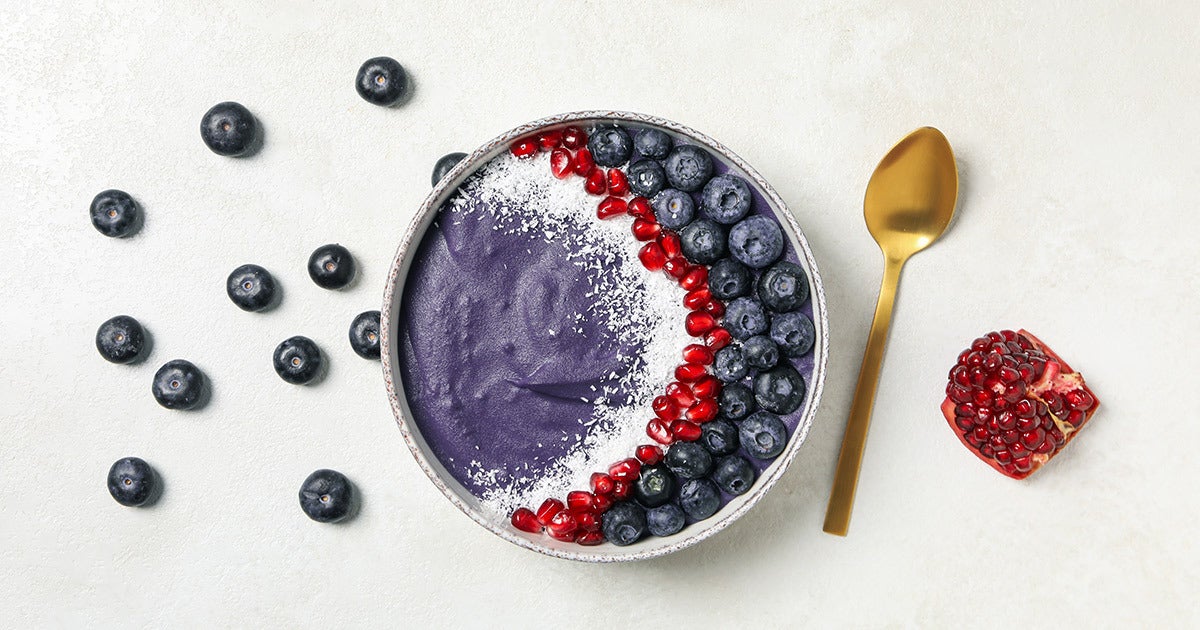
Açai (ah-sigh-EE) berries are small fruits that grow in clusters like grapes and have a center pit. They have a very short shelf life, so are usually found as powders, frozen fruit puree, or pressed juice. Açai is often used in smoothies or in an açai berry bowl. It has an earthy taste with a cross between blackberry or raspberry and chocolate.
Learn more about Açai berries.
Apples
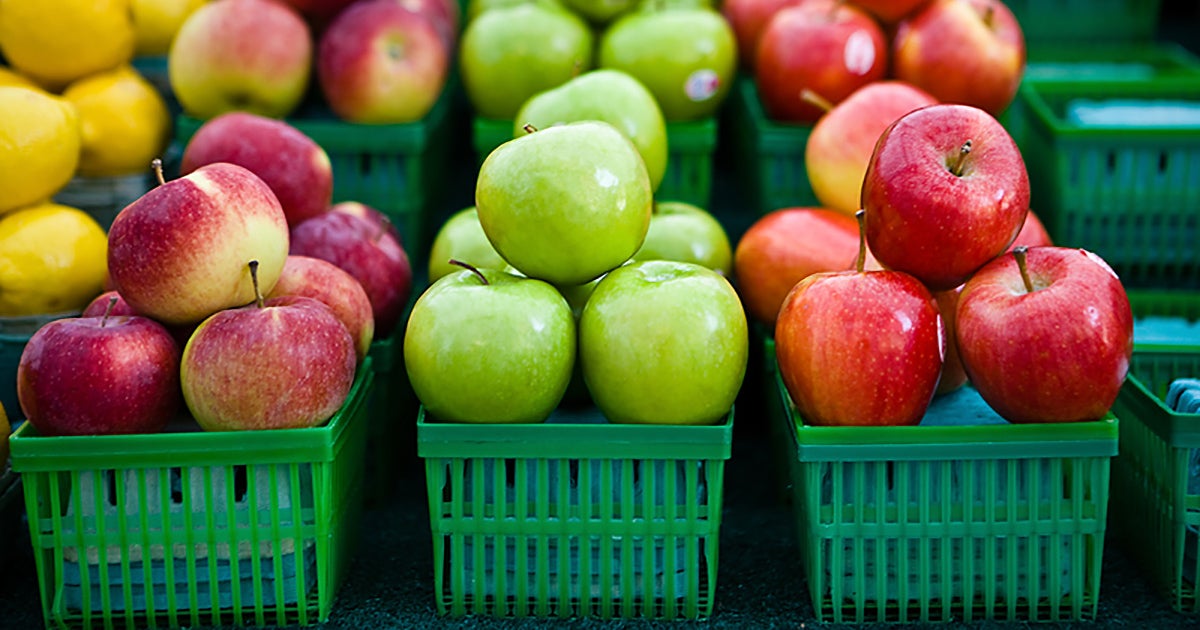
Apples are rich in antioxidants and a good source of fiber and vitamin C.
Blueberries

Blueberries are rich in vitamins and antioxidants, low in calories and high in fiber.
Citrus
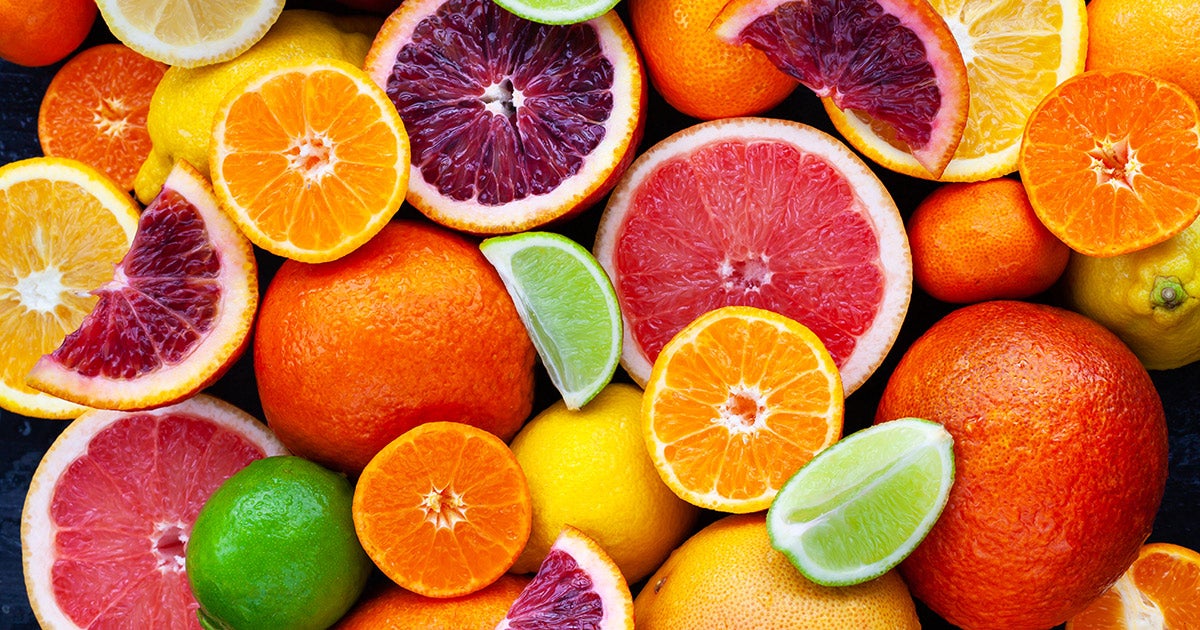
Citrus fruit like lemons, oranges, and grapefruits are considered berries that have evolved over millions of years! They have a fragrant smell, which comes from their rind or outer layer and can be eaten and used in many ways.
Cherries
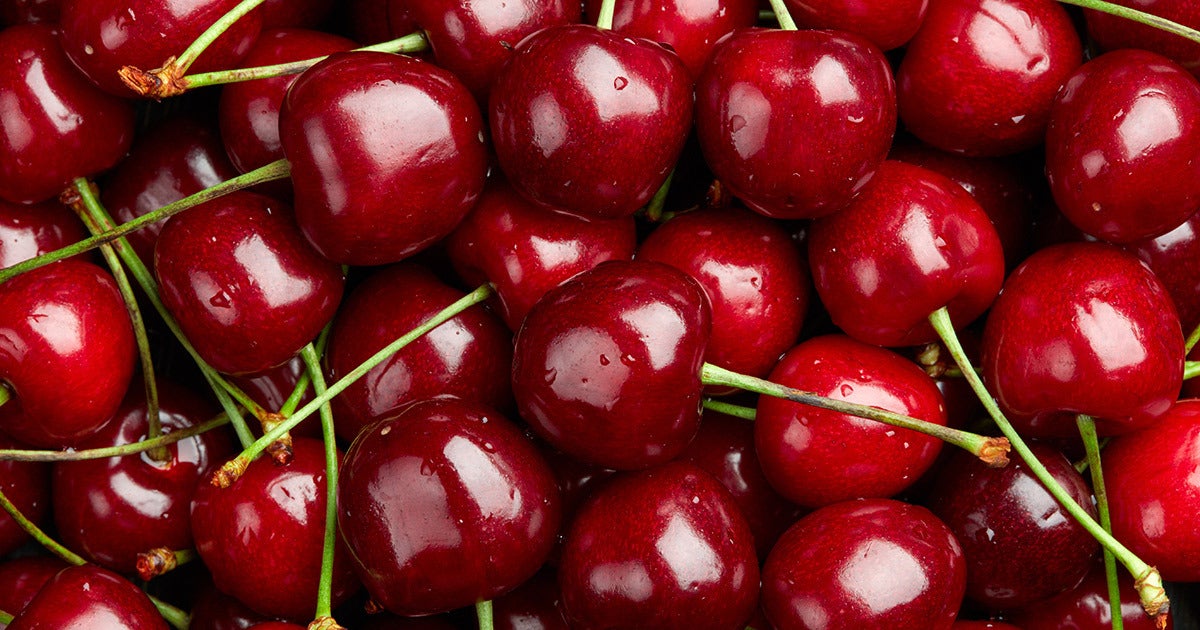
Cherries come in sweet, sour, and duke (partly sweet and sour) varieties, and can be bought fresh, frozen or dried. Cherries can add sweet or tart flavor to salads, smoothies, savory dishes, and desserts. Choose cherries that are firm with bright green stems; darker colored cherries are the most flavorful. The pits are toxic and should not be eaten.
Pomegranates
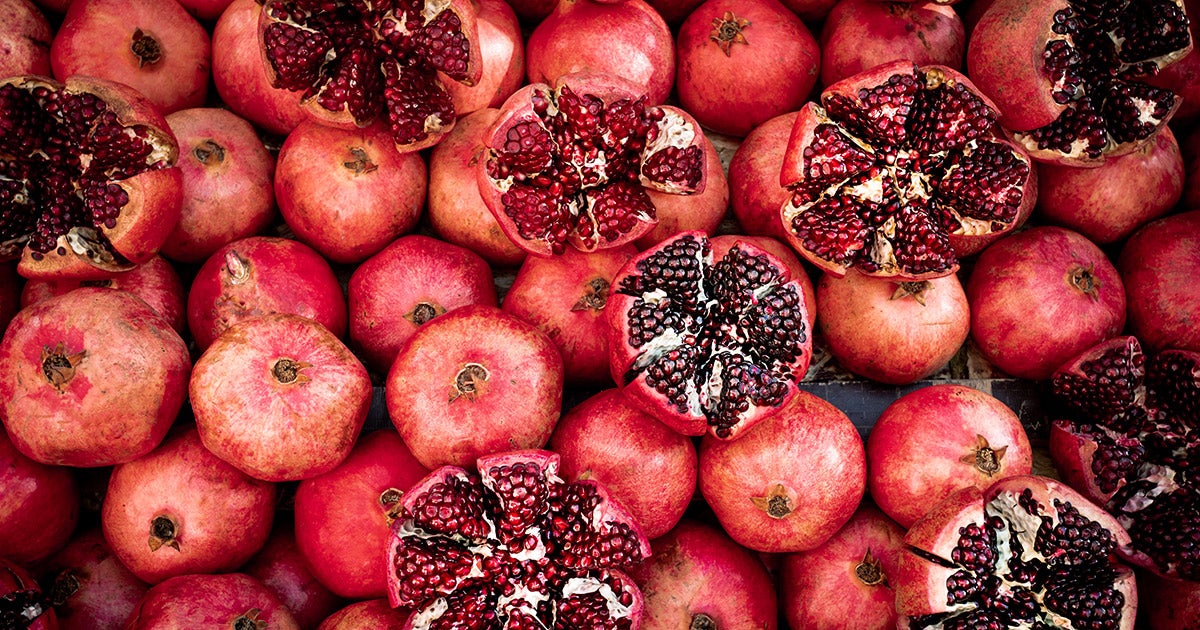
Pomegranates are sweet and tart fruits that are high in antioxidants. Eating pomegranates may have many health benefits since they are high in fiber, folate, vitamin K, vitamin E, vitamin B6, and potassium. They also have three times the number of antioxidants than green tea, which are shown to reduce inflammation.
DOUBLE your impact today.
- Equip patients and families with knowledge, resources, and access to high-quality care.
- Advocate for policies that address disparities and prioritize kidney health for all.
- Fund research and technology to advance early detection, improve treatment, and expand transplant access.
Strawberries
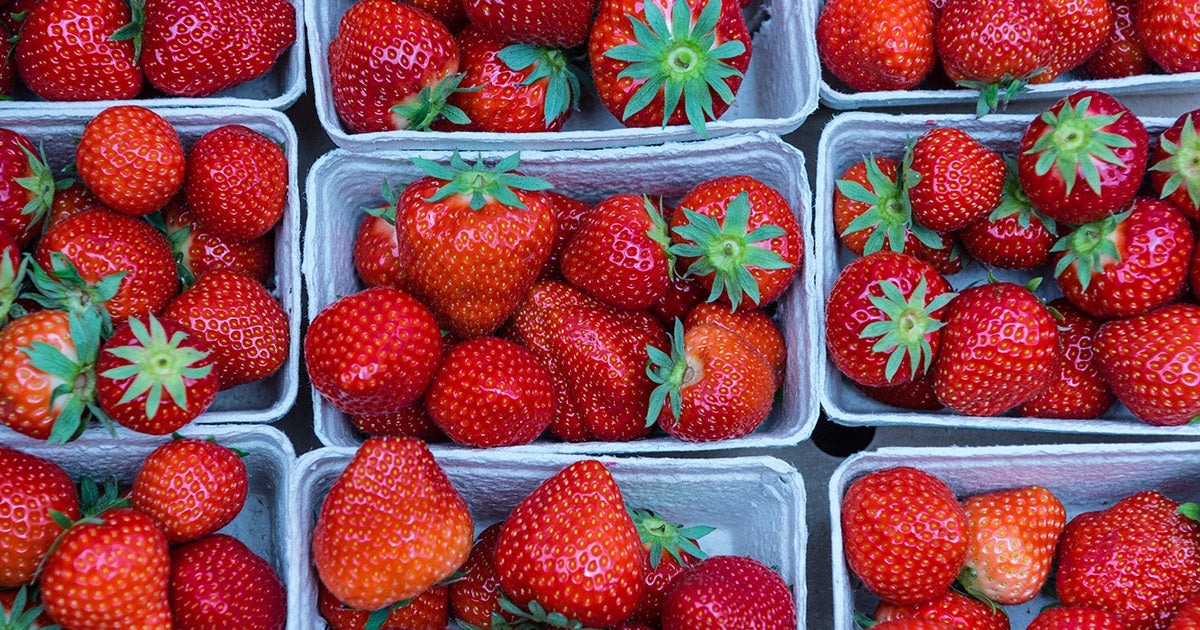
Strawberries are a delicious fruit that can be found fresh, frozen, freeze-dried, or in jellies and jams. Strawberries are also a good source of vitamin C, manganese, folate, potassium, and antioxidants.
Learn more about strawberries.
Tomatoes

Tomatoes are rich in vitamins, minerals, and antioxidants, low in calories and high in fiber.
Vegetables
Avocados
Beans
Broccoli
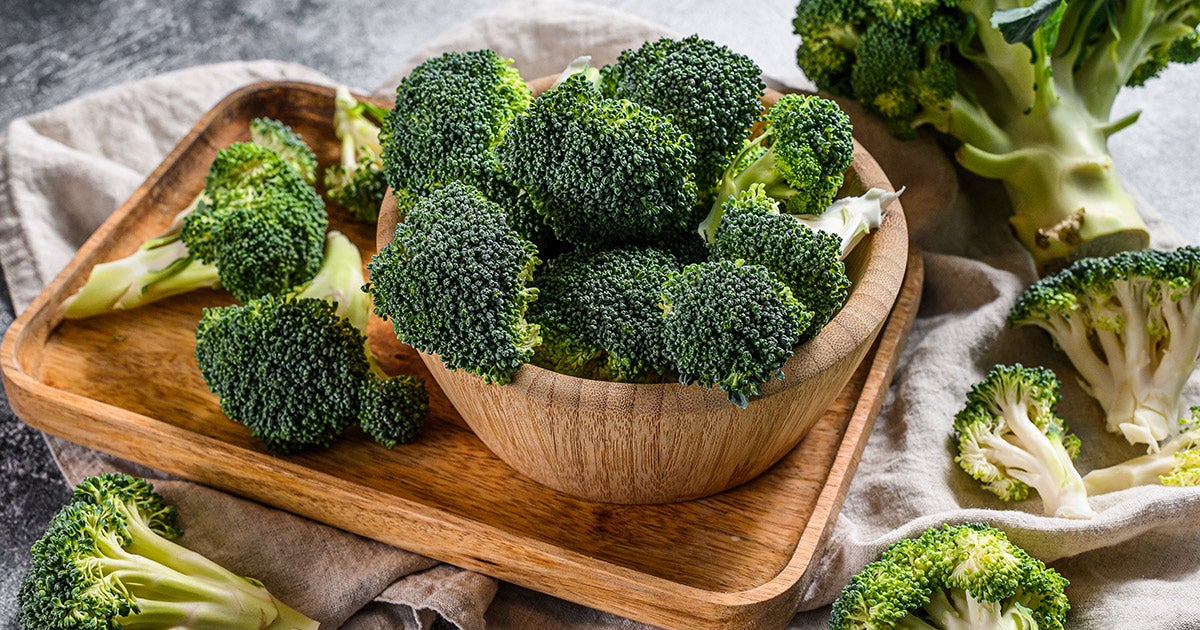
Broccoli is a great source of antioxidants that may enhance your health by reducing inflammation, improving blood sugar control, boosting immunity, and promoting heart health.
Herbs
Leafy Greens
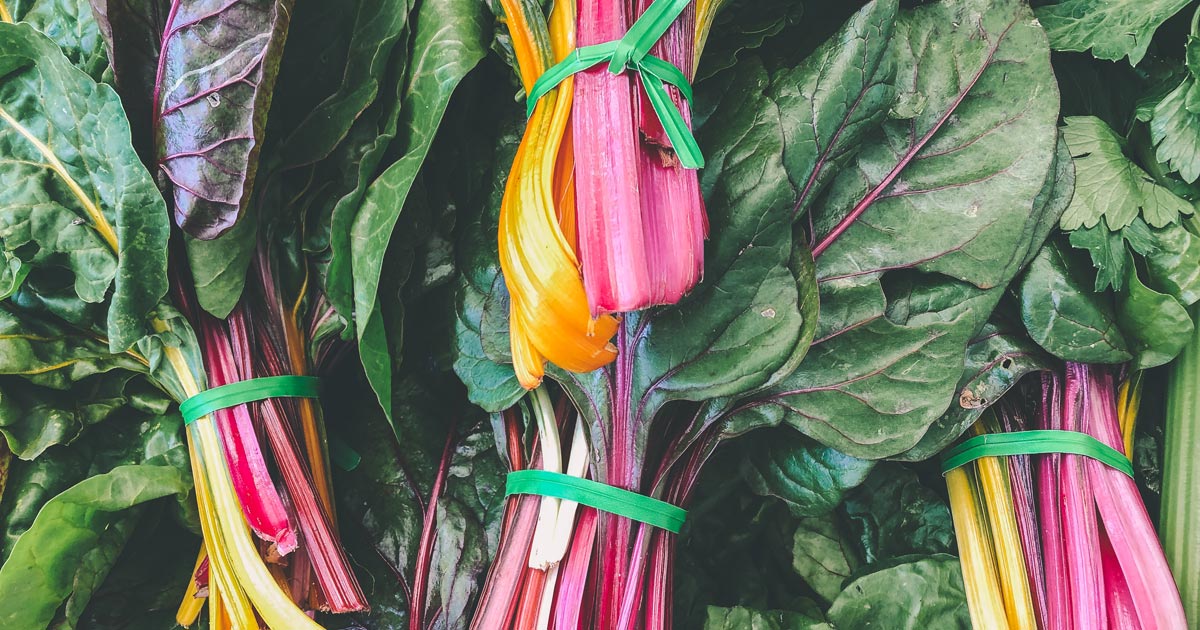
Leafy greens are packed with many vitamins, mineral, and antioxidants, low in calories and high in fiber.
Learn more about leafy greens.
Root Vegetables
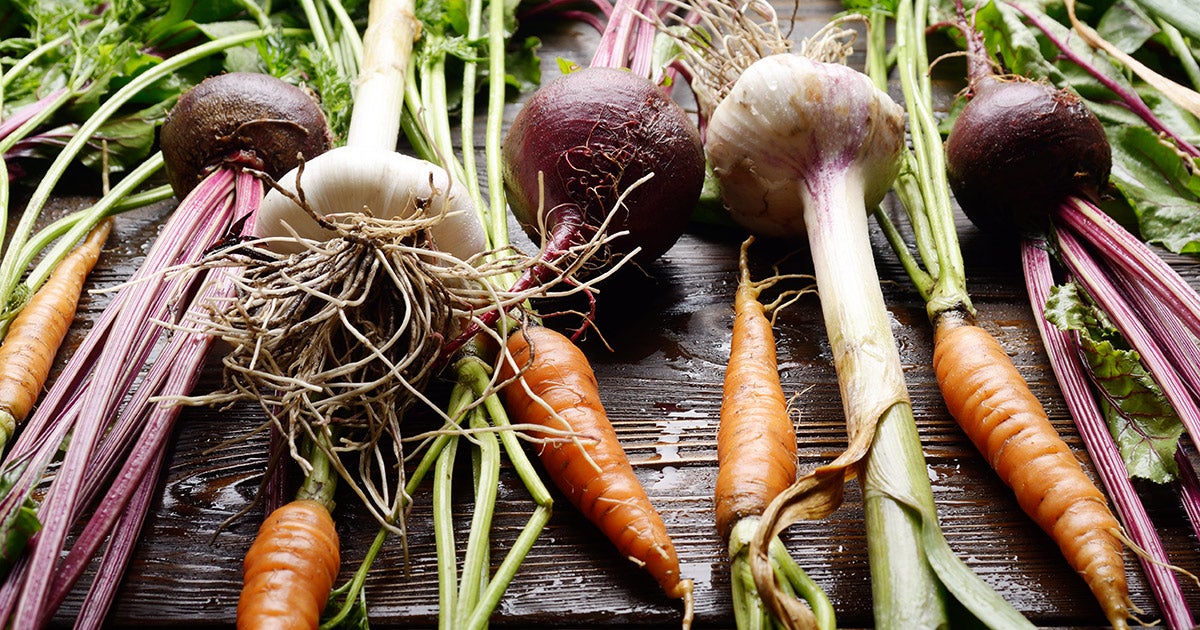
Many root vegetables contain antioxidants that can help to fight inflammation. They also provide many nutrients including vitamin C, vitamin A, many B vitamins, vitamin K, vitamin E, calcium, iron, potassium, and manganese.
Learn more about root vegetables.
Squash
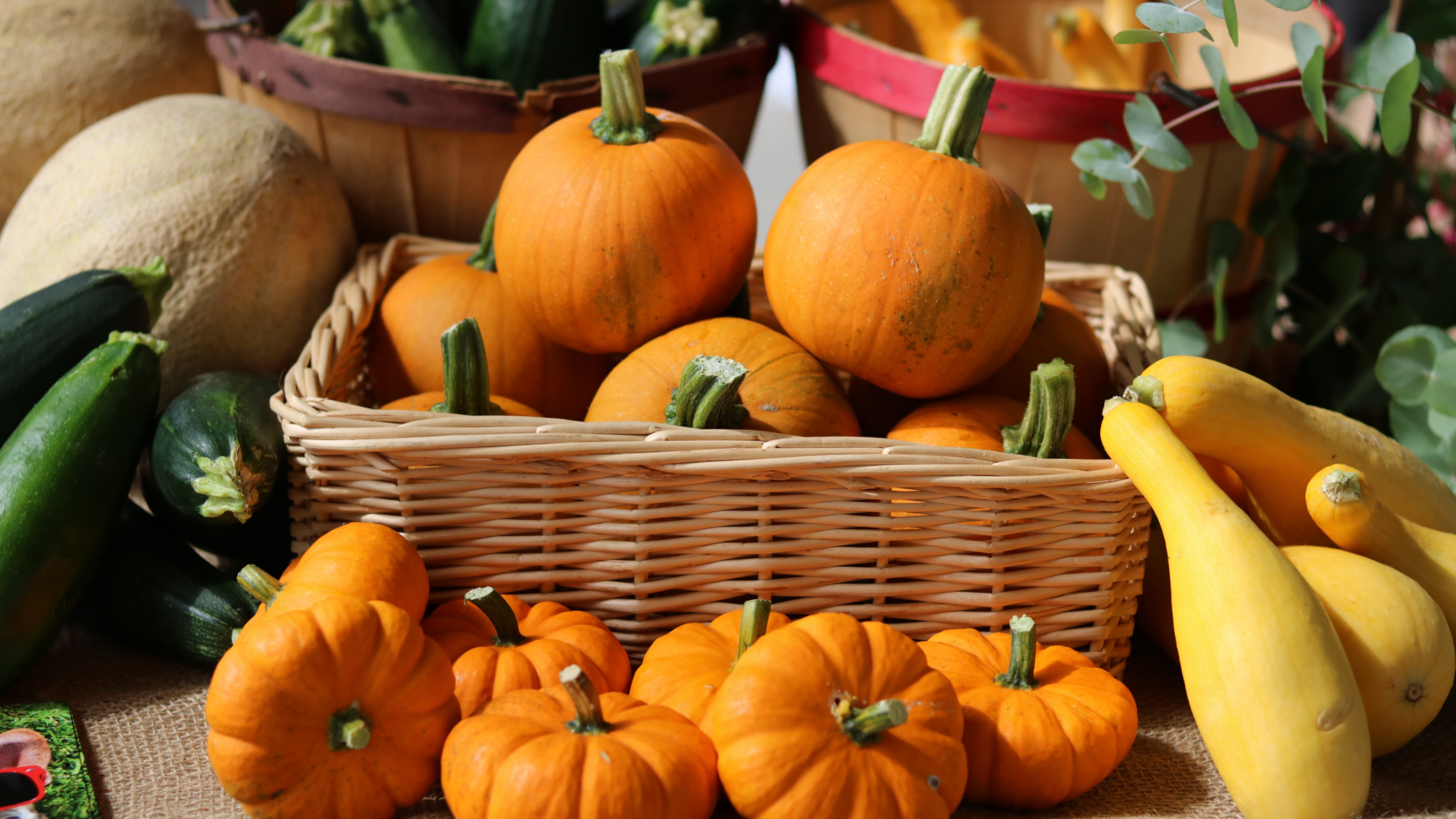
Squash is a good source of essential nutrients for health like fiber, antioxidants, and vitamin C and B6.
Tomato
Nuts/Seeds
Chia and Flax Seeds
Nuts and Seeds
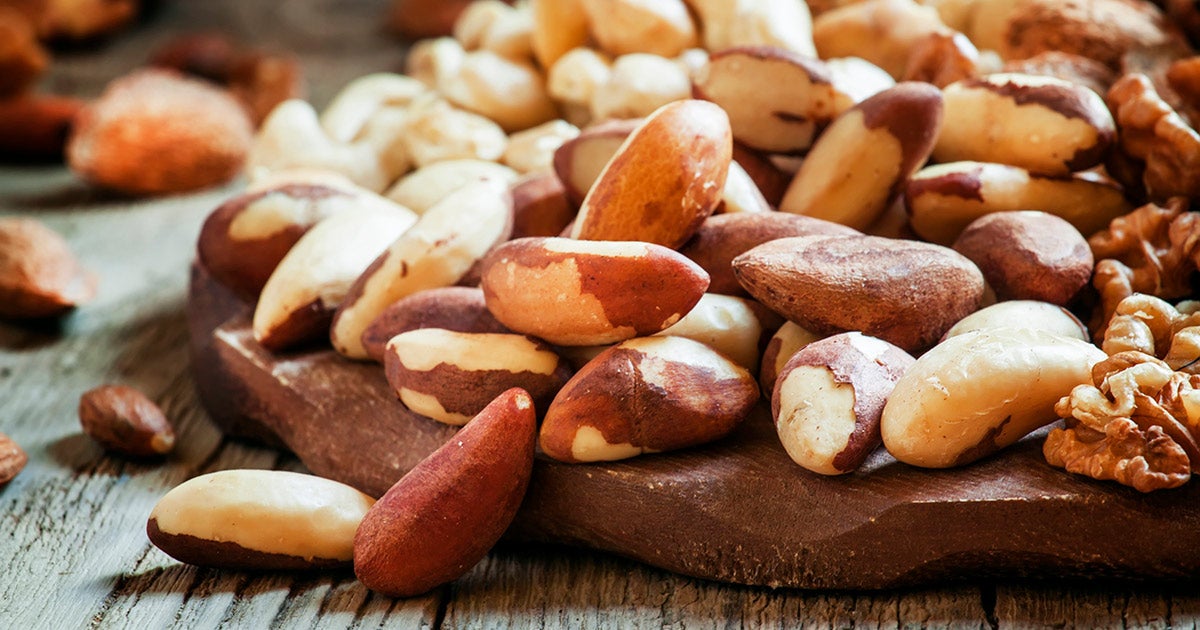
Nuts and seeds contain many beneficial elements such as heart-healthy fats, fiber, plant protein, vitamin E, antioxidants, and more.
Learn more about nuts and seeds.
Whole Grains
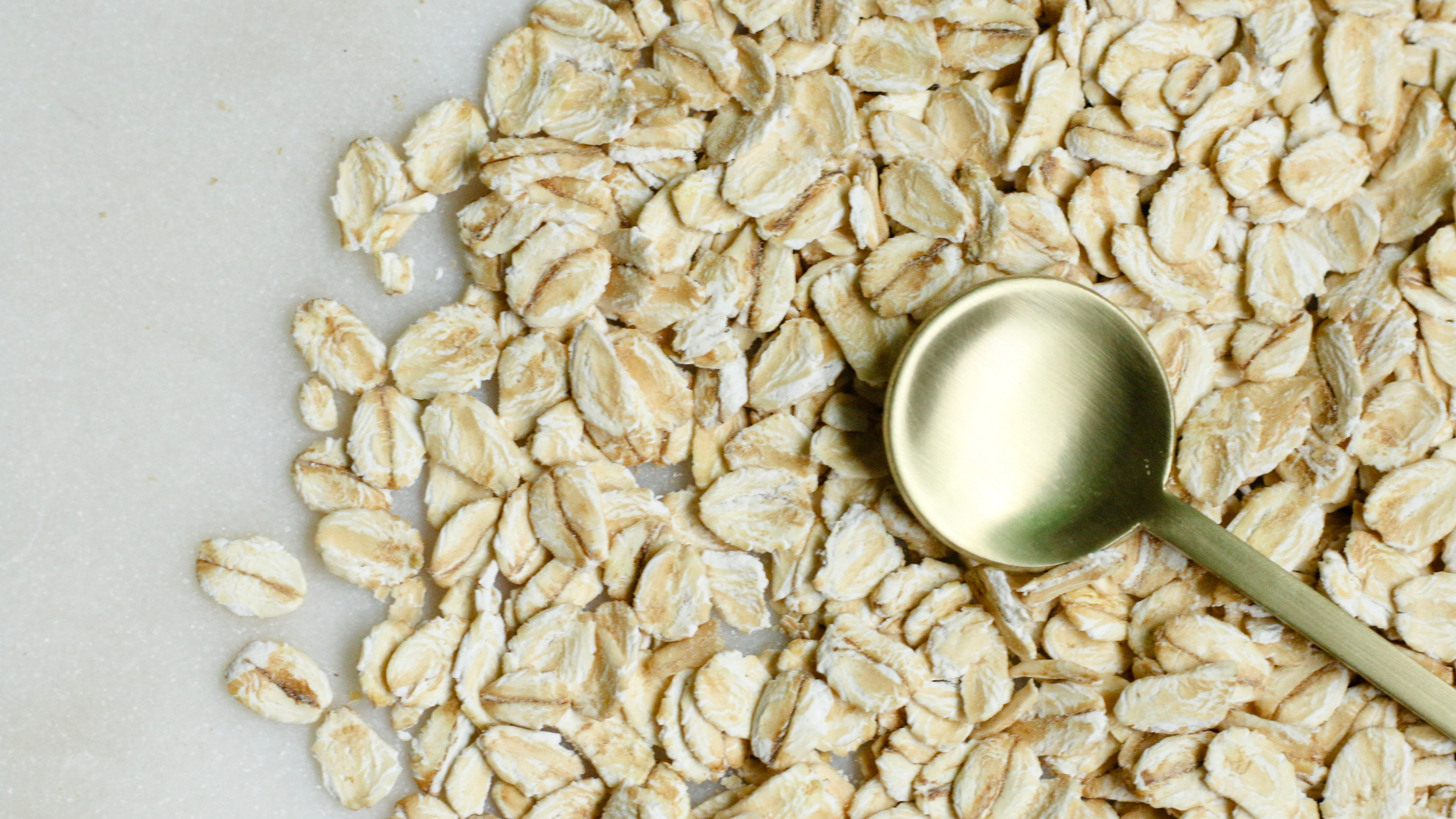
Whole grains are a great source of dietary fiber, vitamins, minerals, and antioxidants.
Learn more about whole grains.
Animal Proteins
Eggs
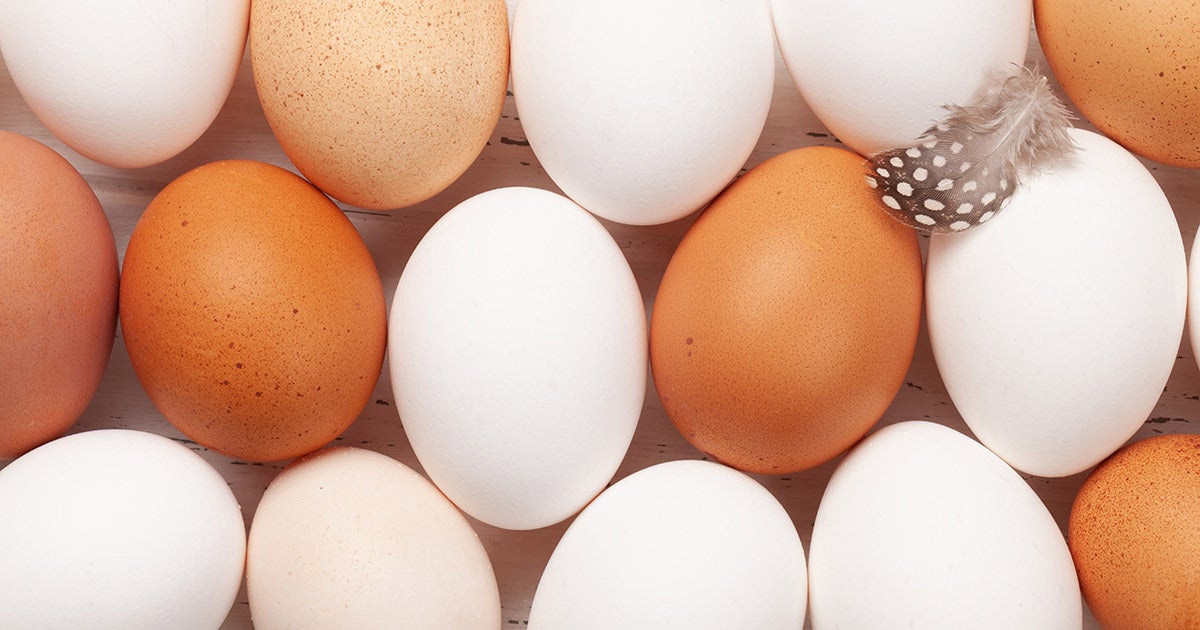
For a long time, eggs had a bad reputation due to cholesterol, which past studies had strongly linked to heart disease. However, recent studies have shown that the link between cholesterol in the diet and cholesterol in the blood is weak. Moreover, studies have shown that eggs can be a healthy part of your diet.
Fish
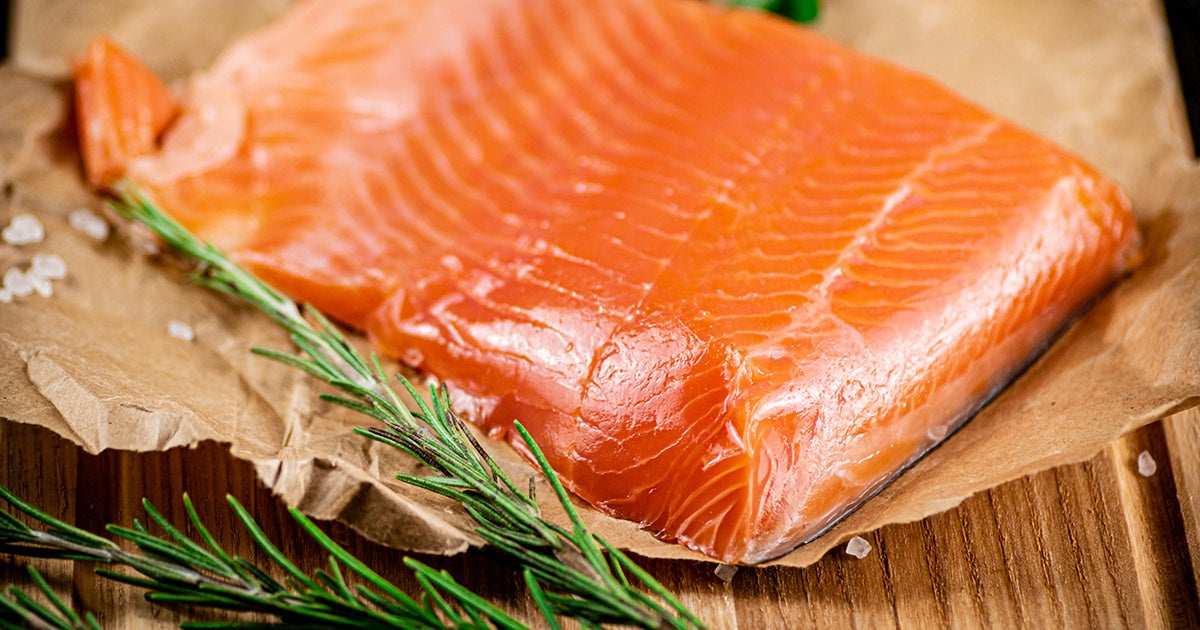
Fish is considered a superfood because it is a good source of protein without having a lot of saturated fat. They are also loaded with vitamins, calcium, phosphorus, iron, zinc, iron, magnesium, and potassium.
Low Phosphorus Cheese
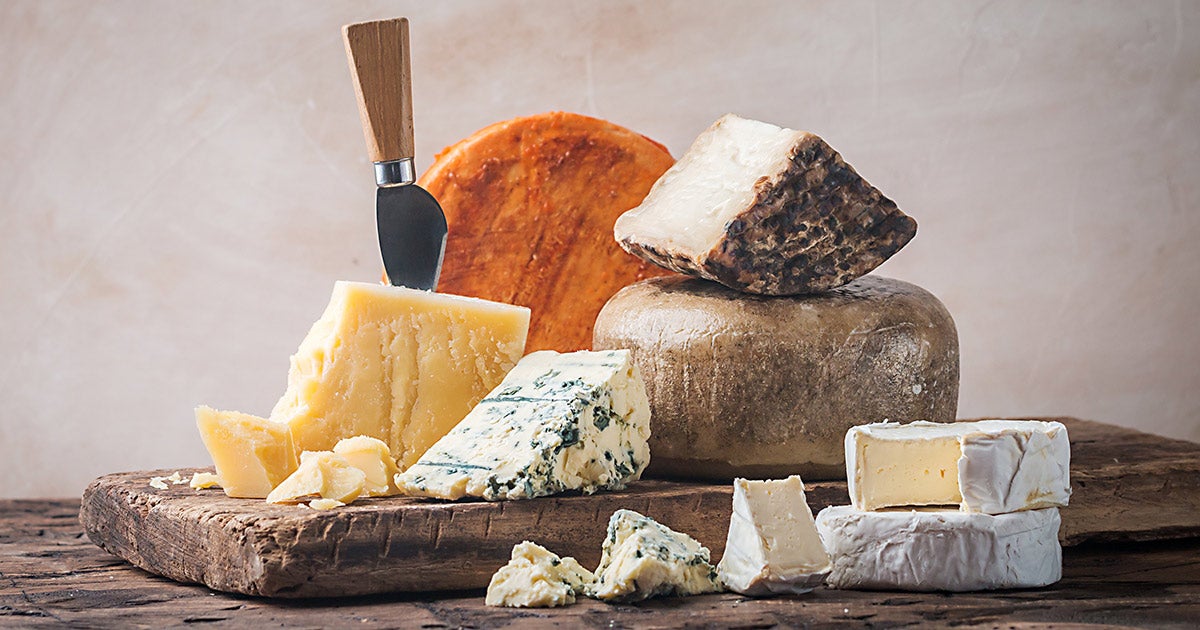
While many kinds of cheese are high in phosphorus and sodium, there are lower phosphorus and sodium cheeses more suitable for people with kidney disease. Cheese is a good source of calcium, protein, vitamin B12, and vitamin A, and phosphorus.
Learn more about low phosphorous cheese.
Shellfish
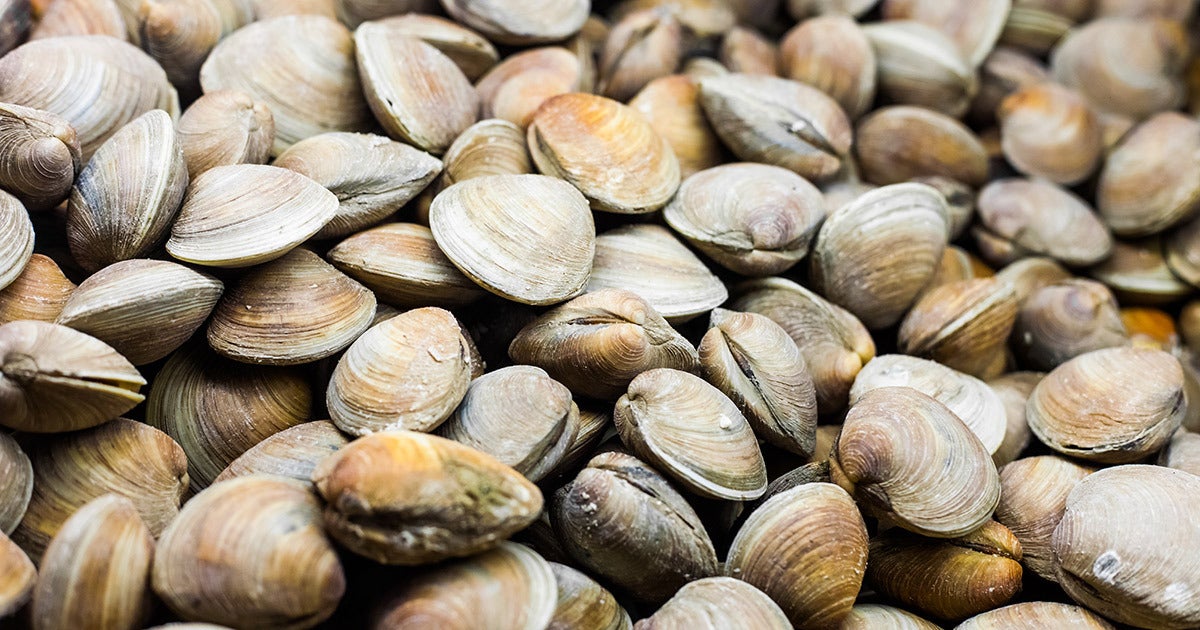
Shellfish are underwater animals with shells. Common types include crab, lobster, oysters, clams, shrimp, mussels, and scallops. They add flavor and healthful nutrition to main dishes, soups, salads, and dips.
Yogurt
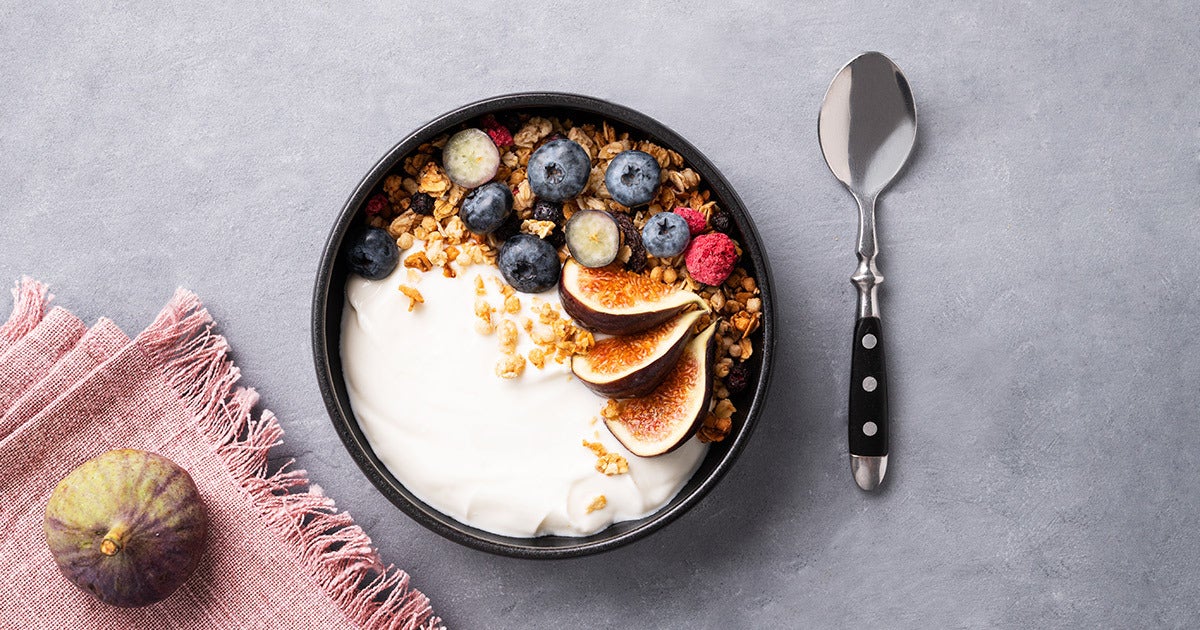
Yogurt is a popular dairy product made by bacterial fermentation of milk. Its rich, creamy texture makes it a favorite food for many. It can be eaten in different ways: plain, mixed with fruit and granola, as a smoothie, or dip. There are different types of yogurt, including regular, Greek, kefir, and plant-based yogurts made from plant proteins instead of milk, such as soy and coconut.
Plant-based Proteins
Beans
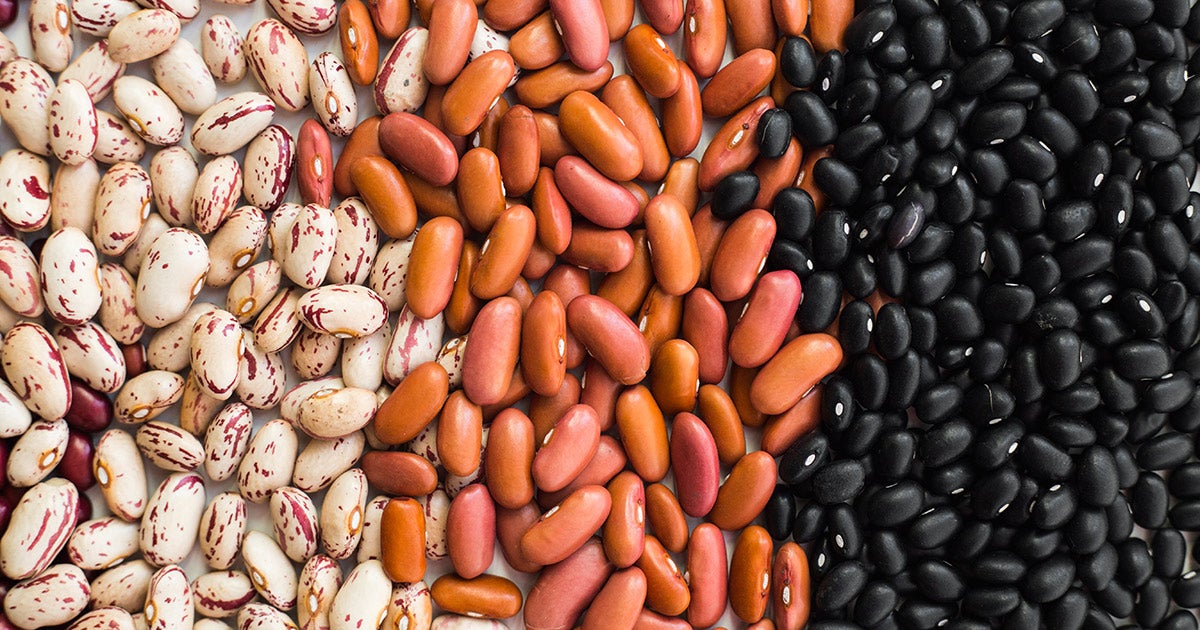
Beans are low in fat and have no saturated fat, trans fat, or cholesterol helping protect your heart from heart disease.
Flax and Chia seeds
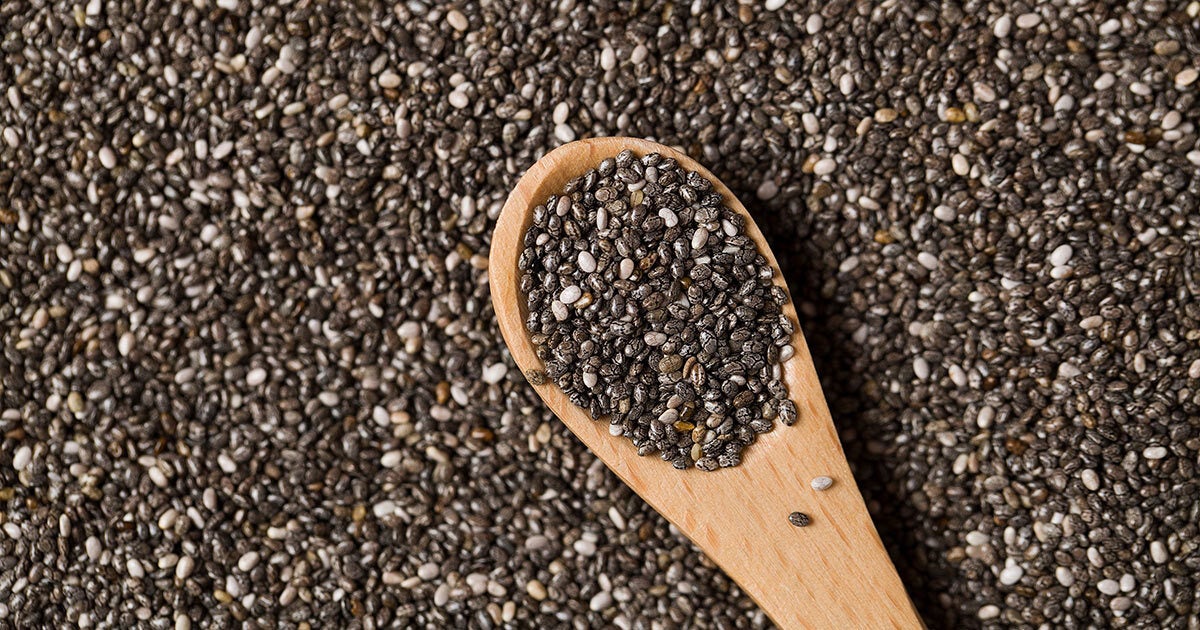
Flax and chia seeds are seeds that pack a nutritional punch. Flax and chia seeds are available year-round at the grocery store and are usually found in the health foods section, the baking aisle, or by the nuts. Flaxseed can be ground up to increase absorption in your body. Store flax seeds and chia seeds in a tightly sealed container in your freezer to prevent spoilage. You can enjoy both flax and chia seeds sprinkled into hot cereal or yogurt, on salads, or in baked goods and smoothies.
Learn more about Flax and Chia seeds.
Milk Alternatives
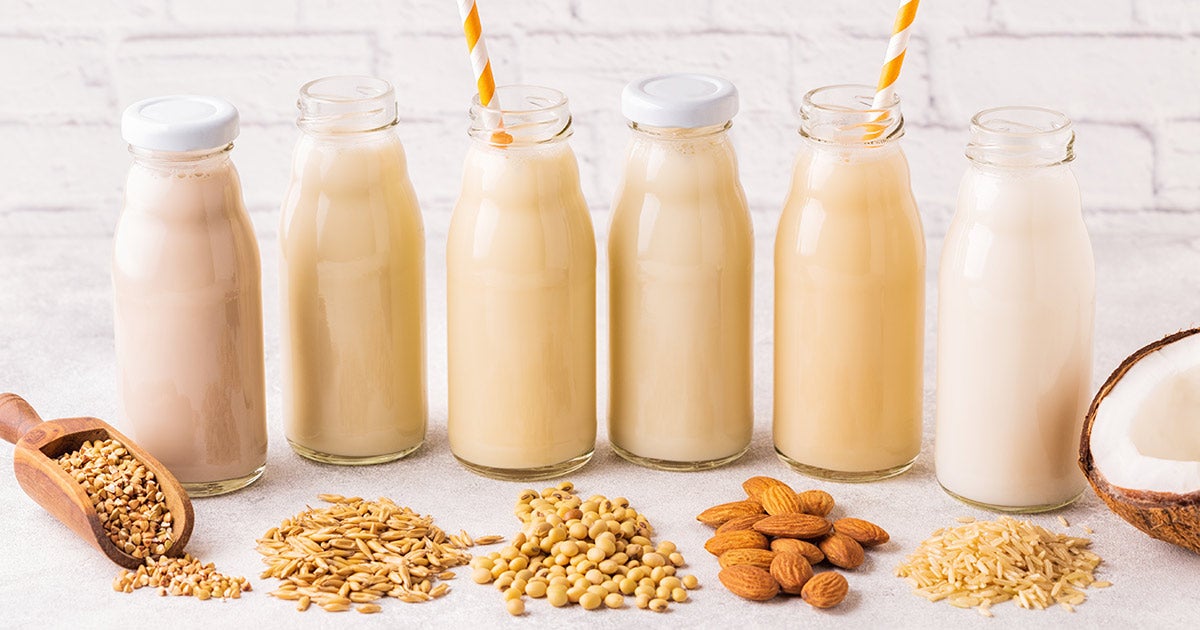
There are a variety of milk alternatives on the market made from oats, soy, rice, nuts, and seeds. Milk alternatives can be lower in phosphorus and potassium than cow’s milk unless they have additives. They are great alternatives if you are lactose-intolerant or have high cholesterol levels and come in many forms like yogurt and desserts.
Learn more about milk alternatives.
Nuts and Seeds
Tofu
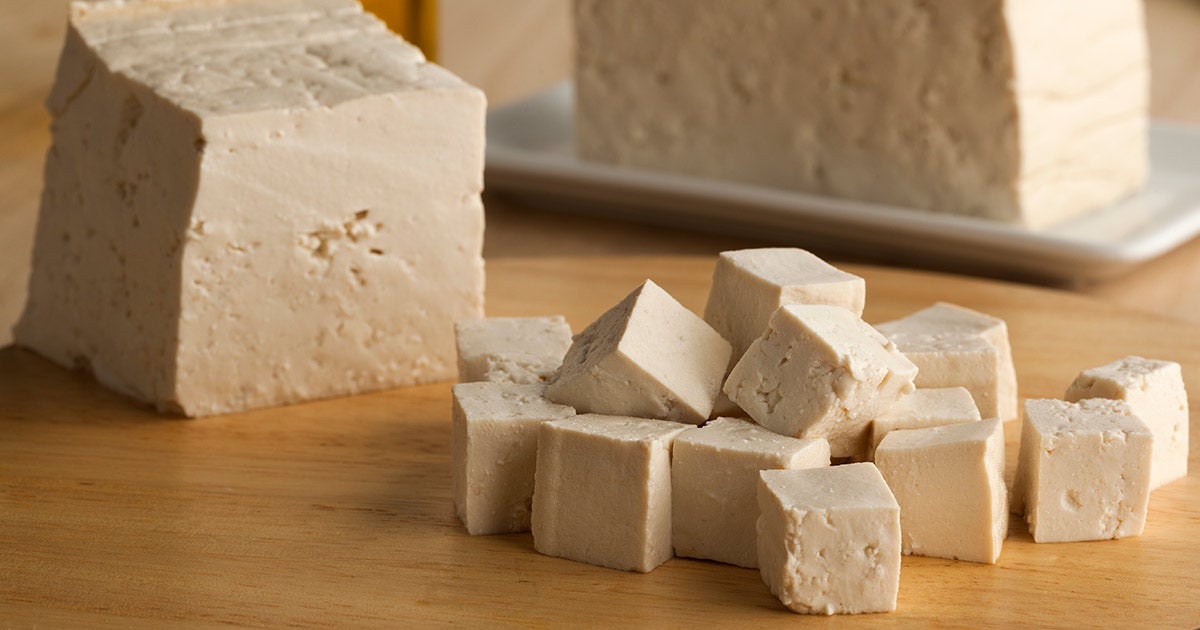
Tofu contains all the essential amino acids needed to build protein and provide your body with energy. It is also rich in minerals like calcium and magnesium and contains omega-3 and omega-6 healthy fats.
Oils/Fats
Avocado
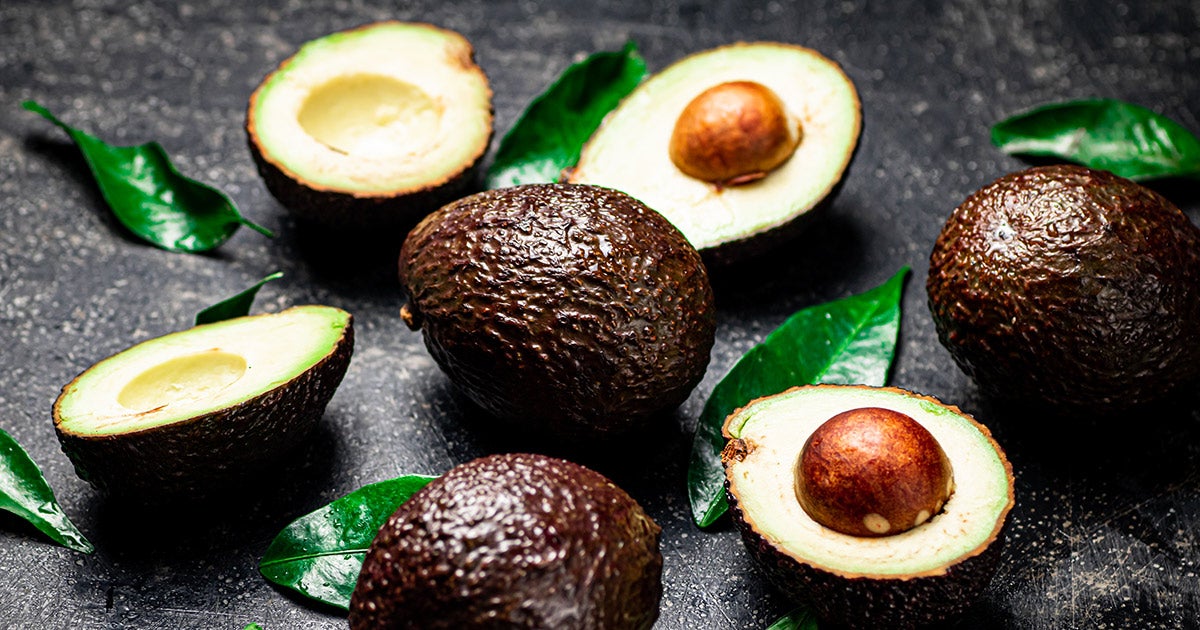
Avocados are very nutrient-dense with about 20 different vitamins and minerals. Avocados are lower in carbohydrates and higher in fat when compared to other fruits and a good source of fiber which is great for gut health, keeping you full, and aiding in blood sugar control.
Healthy Oils and Fats
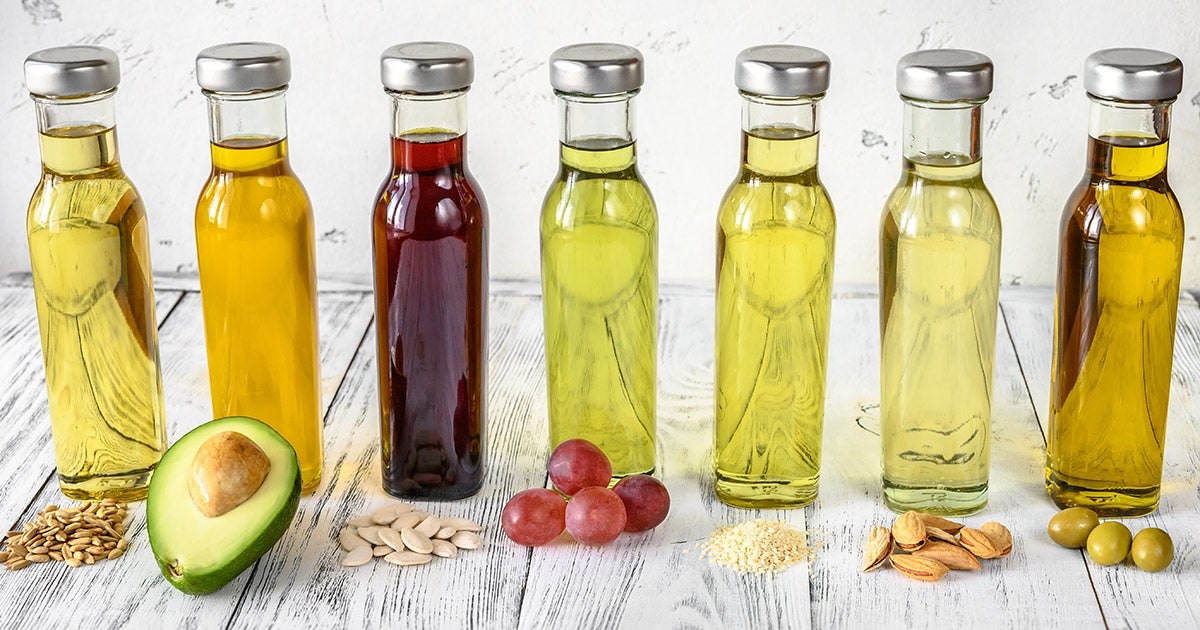
Healthy oils and fats are considered superfoods because it helps absorb some vitamins and minerals and build cell membranes and nerve tissue. It is also essential for blood clotting, muscle movement, and to lower inflammation. Healthy oils and fats may help lower the odds of heart disease and atherosclerosis by lowering LDL cholesterol.
Learn more about healthy oils and fats.
